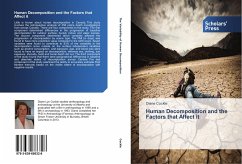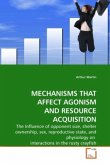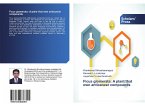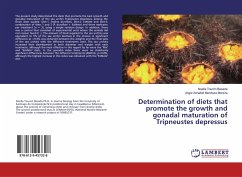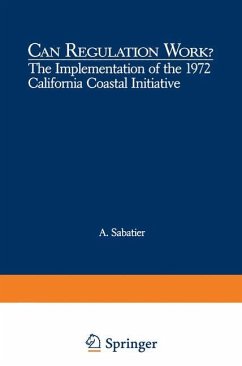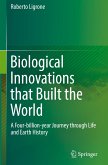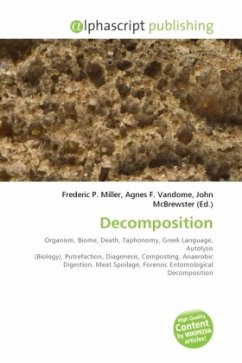Little is known about human decomposition in Canada. This study involves the retrospective analysis of 358 police death investigations from across Canada. There are four components to the study. The first component determined differences in the progression of baseline decomposition for outdoor surface, buried, indoor and water scenes. The second component determined which variables affected the progression of decomposition by scene type. The PMI (in days) was found to have more predictive value compared to the ADD score. Seven variables were found to contribute to 83% of the variability in the decomposition score outside on the surface. Independent variables such as alcohol consumption, cold exposure, age, and blood loss were found to have an impact on decomposition; whereas sex, clothing, sun exposure, shrouds, build and burial depth did not. The third component of the study found that there were geographical differences in baseline and alternate states of decomposition across Canada. The last component of the study examined the ability to accurately estimate Post Mortem Intervals based on the visible extent of decomposition with negative results.
Bitte wählen Sie Ihr Anliegen aus.
Rechnungen
Retourenschein anfordern
Bestellstatus
Storno

